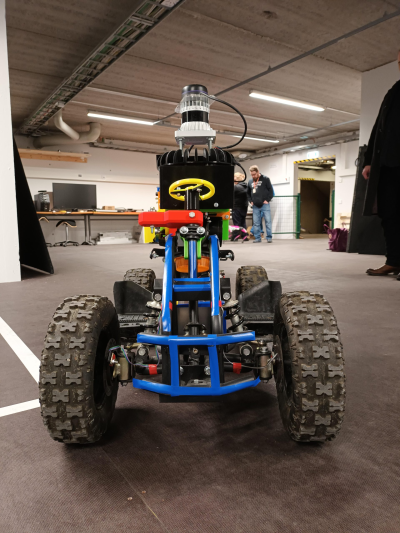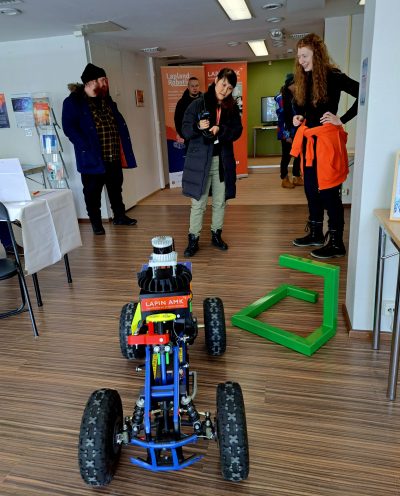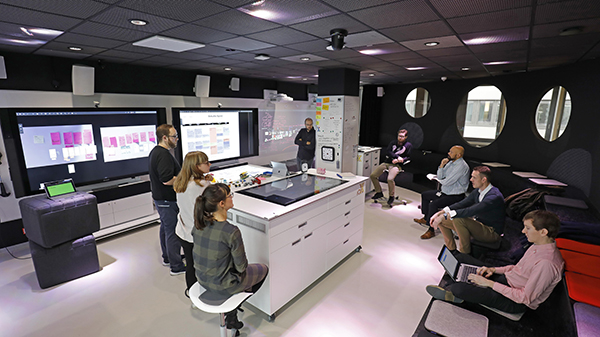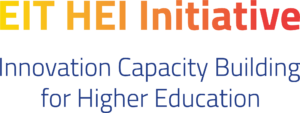Bizzare Business Ideas in Lapland
“What does it take to start your own business?”
” How can a washing machine and a deck of cards can help you solve your (business) problems?!”
These questions were answered in the Bizarre Business Event English track hosted by Skills2Scale project. The event encouraged and inspired students from University of Lapland and Lapland University of Applied Sciences to become future entrepreneurs. The event encouraged and inspired students from University of Lapland and Lapland University of Applied Sciences to become future entrepreneurs
The event started with a motivating speech by Anthony Okuogume “From Idea to innovation and kickstarting the entrepreneurial journey”. Then followed by Skills2Scale and the Faculty of Art and Design, University of Lapland workshop on creating futuristic business ideas. The workshop utilized ideating washing machine method and a card game for imagining preferred futures (Alhonsuo, 2022 & Sitra, 2023).
Bizarre elements such as a rumbling washing machine in the background, a deck of cards, Post-its and LEGO blocks were brought to the table to ignite inspiration among students to start thinking about unusual business concepts. Ideas such as milk on Mars as well as data usage and learning experiences after encountering extraterrestrial life were discussed. The workshop was a success. There are not many chances we get to play with LEGO these days!



Sources:
Alhonsuo, M. (2022). Ideating washing machine. In B. Smit, M. Alhonsuo, E. Björn & F. Melissen (Eds.), The SmartCulTour Toolkit (pp. 48-51). Deliverable 7.3 of the Horizon 2020 project SmartCulTour (GA number 870708). Published on the project web site on (30-11-2022): http://www.smartcultour.eu/deliverables/
The Finnish Innovation Fund Sitra. (2023). Cards of Hope. Game for imagining preferred futures. Helsinki: Sitra.
Networking event organized by Skills2Scale project: Bizarre Business event, 11th of April, 2024, University of Lapland, Finland.











